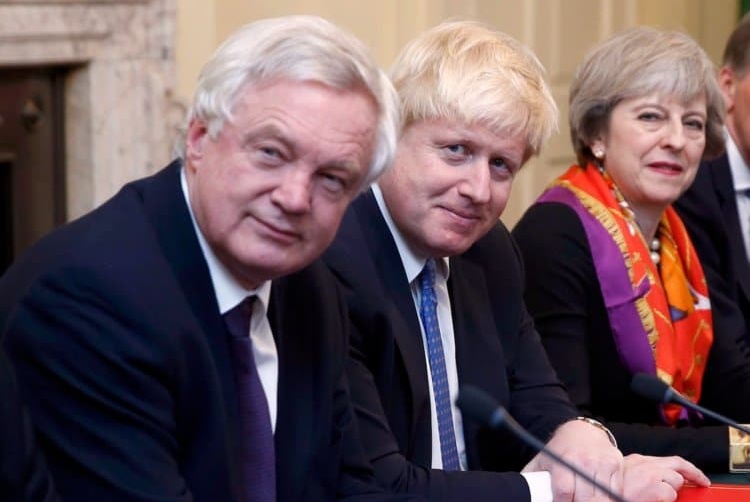“It seems inevitable that there will be some sort of hard border between the EU and the UK”
Professor John Fender writes for the Birmingham Business School Blog about the prospects for the UK if its Brexit departure from the European Union includes abandonment of a customs union:
Most economists agree that international trade has significant economic benefits for the countries involved. However, such countries often impose tariffs on imports which impede trade flows. It is generally considered desirable for the barriers in the way of trade to be minimal.
A Free Trade Area
This involves a group of countries eliminating the tariffs on trade between themselves, with each country setting its own tariffs on imports from other countries. There are many free trade agreements currently in operation around the world, such as the European Free Trade Area. However, there is a problem with free trade areas.
Imagine the UK emerges from the Brexit negotiations with a free trade deal with the European Union. Then suppose the UK also negotiates its own free trade agreement with Ruritania, but the EU does not have such an agreement, still charging a tariff on widgets imported from outside of the EU. Then a Ruritanian widget manufacturer may try to ship widgets tariff free into the UK, and then export the goods to the EU, bypassing the tariff the EU imposes on imports from Ruritania.
To prevent this from happening, importers of goods would need to prepare certificate of origin documentation and undergo customs inspections.
A Customs Union
This is where a group of countries scrap tariffs on trade flows between themselves and impose a common external tariff on imports from the outside. This solves the problem discussed in the previous section, providing that countries in the customs union are not able to negotiate their own trade deals with other countries. Instead, trade deals have to be with the customs union as a whole.
Such membership of a customs union reduces a country’s ‘sovereignty’. It has to accept whatever external tariff the union decides upon and cannot negotiate its own trade deals with other countries. Nevertheless, there are benefits from being in such an arrangement.
The country will have frictionless trade with the rest of the union and can participate in the trade deals that the union negotiates. A member country may well have influence within the union, for example, it may be able to affect the common external tariff to suit its trade preferences with external countries. This is, of course, the situation for countries that are current members of the EU, such as the UK.
What Happens After the UK Leaves the EU?
The government has made it clear that the UK is leaving the customs union. Even if it negotiates a free trade deal with the EU, trade will not be entirely frictionless as there will need to be certificate of origin documentation and customs inspections.
It seems inevitable that there will be some sort of hard border between the EU and the UK, although its impact may be reduced to some extent by technology and ingenuity. Following Brexit, it is difficult to see how a hard border on the island of Ireland can be avoided.

